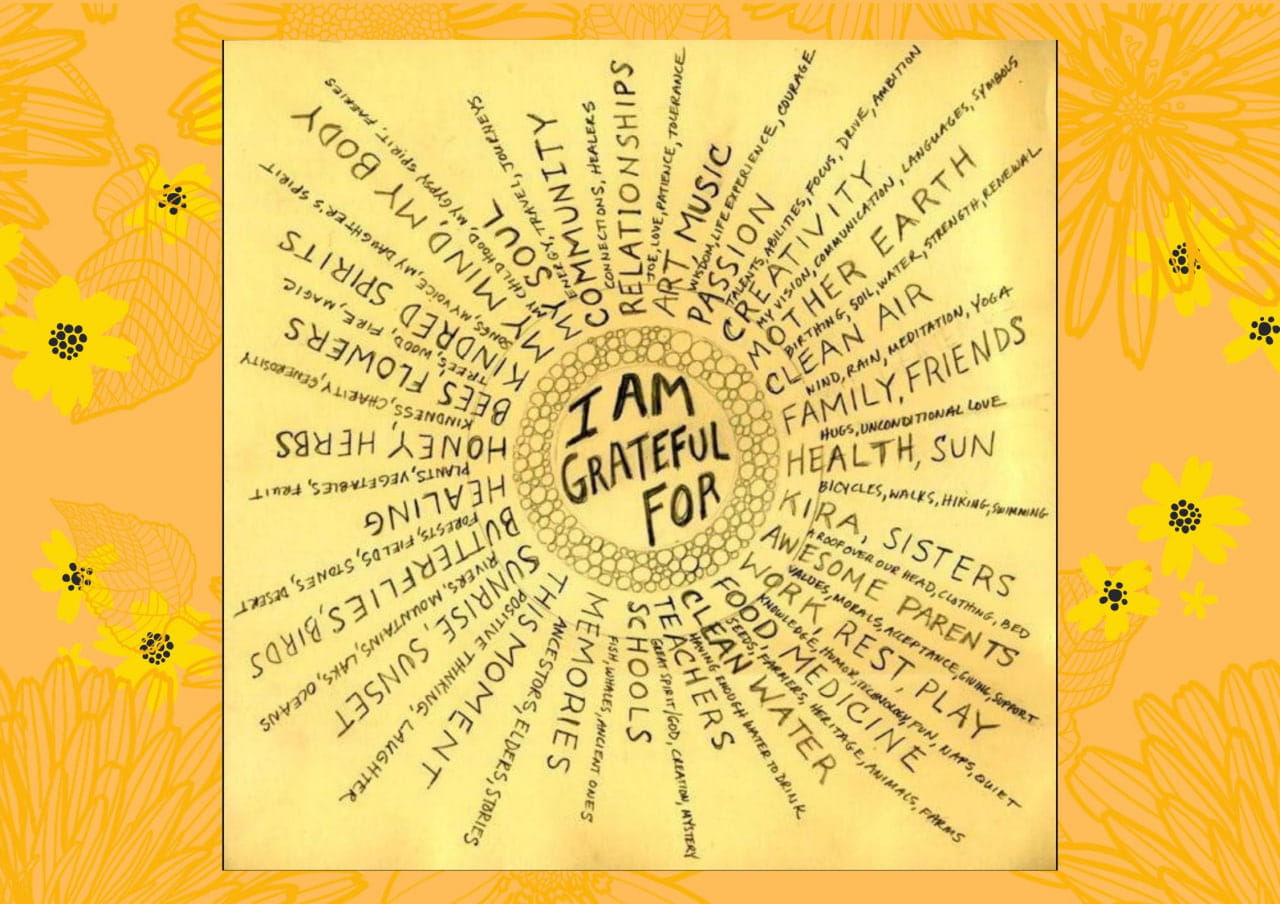By Helena Edwards
Primary Counsellor and ILS Lead
We often associate gratitude with iconic moments, such as when our children are born healthy, we are offered a good job, a family member or pet survives an illness or operation, or when our children graduate from school. Events like these can be very moving and emotional, and sometimes even life changing. However, what if we made it a habit to include gratitude in our daily lives? And what if we could encourage our children to do the same? You may be surprised to know that a small action like this can be transformative in many ways, as living with gratefulness provides many benefits. Positive Psychology research shows a strong correlation between gratitude and increased happiness (Harvard Health Publishing, 2021). Here are some examples that ‘grateful living’ can provide:
Reduces stress and anxiety:
We reflect on the positive things in our lives when we are feeling grateful, so we are less likely to ruminate on our problems and worries. This shift in focus decreases the possibility of stress and anxiety.
Enhances positivity:
We all have a negativity bias to some extent, which is potentially due to our evolutionary need to survive and reproduce, and not necessarily to be happy. However, grateful living helps us to focus on the positive aspects of our lives, which, in turn, promotes positivity.
Boosts resilience:
By focusing on the positive aspects of our lives we can view our problems from a wider perspective. This increases our chances of finding solutions to problems, and ways of coping with difficult situations.
Enriches relationships:
Demonstrating gratitude to the people around us affords us the ability to appreciate the value they have in our lives and enhances our compassion towards them. This leads to more enriching relationships.
Improves sleep:
Living gratefully improves sleep quality, sleep duration, and sleep latency. Thinking about positive things in our lives decreases the chances of us feeling stressed or worrying when we are trying to fall asleep.
Boosts immune system:
Gratitude has been shown to decrease the stress hormone cortisol, therefore impacting positively on our immune systems.
There are many more advantages of grateful living that are not listed here, but to find out for yourself, why not make this a daily practice? My daughter’s practice includes naming 5 things she is grateful for while watching the sunset every evening. Another idea is to keep a gratitude journal, where we take a few minutes every day to write down something we are grateful for. This could be anything from enjoying a nice cup of coffee, to remembering how your child did something silly that made you laugh.
For more information and ideas on gratitude journaling, see this article:
https://time.com/6266437/journaling-routine-health-benefits/
Encourage your children to start a grateful living practice by asking them to draw at least one thing they are grateful for, each day
I am grateful for the opportunity to share my thoughts on grateful living with you. I hope you find many things to be grateful for today!
REFERENCES
Anxiety and Depression Association of America. Gratitude – A mental health changer. https://adaa.org/learn-from-us/from-the-experts/blog-posts/consumer/gratitude-mental-health-game-changer
Harvard Health Publishing (2021). Giving thanks can make you happier. https://www.health.harvard.edu/healthbeat/giving-thanks-can-make-you-happier#:~:text=In%20positive%20psychology%20research%2C%20gratitude,adversity%2C%20and%20build%20strong%20relationships.
Health Assured (2021) Mental health. https://www.healthassured.org/blog/mental-health-benefits-of-gratitude/
Piedmont (2025). The life-changing effects of gratitude. https://www.piedmont.org/living-real-change/the-life-changing-effects-of-gratitude#:~:text=Gratitude%20has%20also%20been%20shown,Live%20in%20the%20present%20moment.
Time (2024). How to actually stick to a journaling routine. https://time.com/6266437/journaling-routine-health-benefits/
Waldinger, R., (2023). How to make gratitude feel less like a chore. https://time.com/6245117/gratitude-how-to-practice/
Wood, A.M., Joseph, S., Lloyd, J. & Atkins, S. (2009). Gratitude influences sleep through the mechanism of pre-sleep cognitions. Journal of Psychosomatic Research, 66, (1), pp43-48






